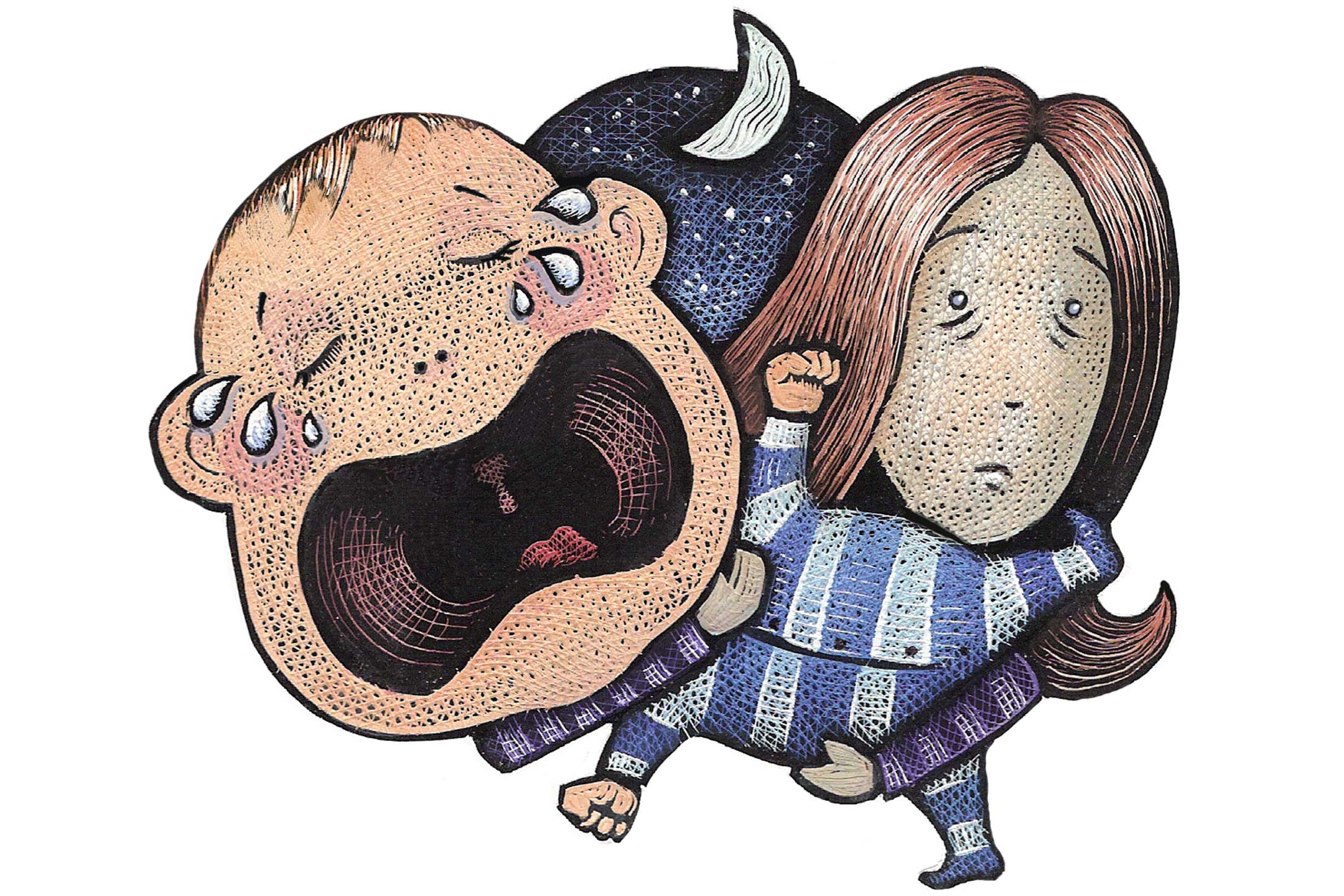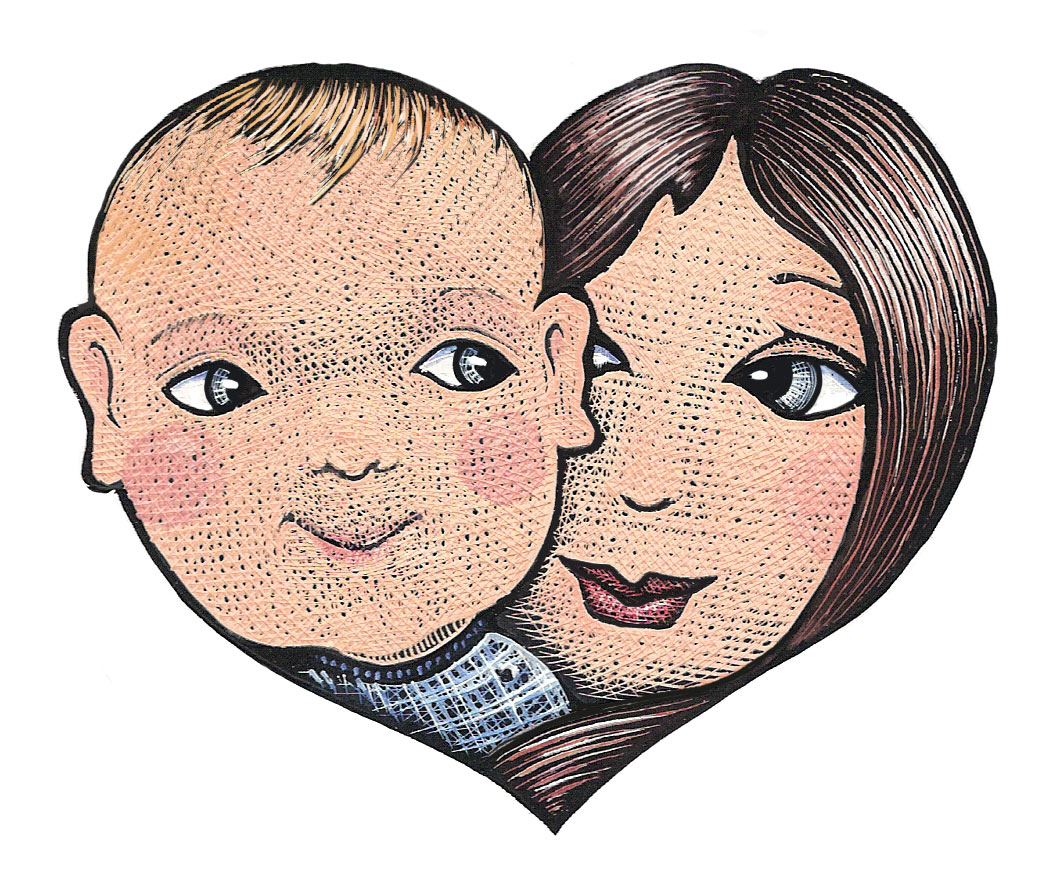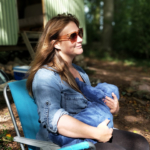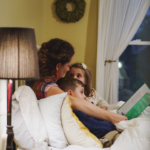
11 Jul Living On Baby Time
Kate Triglone writes about the double-edged nature of the sleep-deprived, hazy period of life with a newborn.
My friend Sharee has a theory: when you have a baby you enter a different time zone occupied only by other parents of newborns – Baby Time. In the Baby Time Zone, one week is actually equivalent to two. As she explained to me, “If you are awake most of the day and night, you are technically putting in double the amount of waking hours as most people.” This was one of the most helpful things anyone said to me as a new parent.
It meant that my baby could be considered to be six months old, not three. This better matched my level of exhaustion—it felt like a lot longer than three months since he arrived. And most days, I did feel that foggy, jet-lagged feeling that comes from crossing time zones. Maybe Sharee’s theory was right.
Baby Time Zone
Now, I realise there are parents who will not relate to this. I know there are babies who settle easily and sleep peacefully. Ours was not one of them. Many nights, I wondered if a baby could actually stay awake, crying, for a whole night and a whole day. The Baby Time theory recognised that I was now running a marathon with no finishing line and, apparently, for an extra challenge, time was now going in slow motion.
You see, when you live in the Baby Time Zone, one hour of listening to a screaming baby in the middle of the night is actually equivalent to two hours in Normal Time. Probably more. A normal afternoon for everyone else feels like a whole week when you are stuck inside on a winter’s day with a miserable baby.
I knew this sleep-deprived, hazy period was a tiny ‘blip’ in the bigger picture of my life. During the lonely night feeds, I tried to think of all the other parents of newborns out there whose TVs were quietly blinking with early-morning infomercials like mine. On the not-so-bad days, I could remind myself of how quickly he would grow up and how I would regret wishing this time would hurry up and pass.
Most days, though, all I could think about was sleep. I needed sleep. I needed to sleep without being woken by a random alarm clock called a newborn. I was so thirsty for sleep that I wanted to drink it up and swim in it for days.
To make matters worse, we could find no answers as to why our baby was so unsettled and why this was going on for so long. Trips to see friends were often cut short because of his screaming, and overnight stays at anyone’s house became impossible. We wondered if there was something seriously wrong.
We pored over books and asked too many people for their thoughts, and then regretted doing both because all we felt was more confused. Because I have always loved sleep more than most, I believed I had somehow caused this—some people say we attract what we most fear. We went through periods where we were just too exhausted to try and find a solution anymore.
We hated confessing to professionals that we were doing all the ‘wrong’ things, such as rocking our baby to sleep and feeding him throughout the night. The truth was, we were so exhausted that we were doing whatever worked in the short term. We were trying to survive.
The specialist took one look and told us they were “massive”.
It took two-and-a-half years and a suggestion from my dentist (to whom I will be eternally grateful) that perhaps my son’s sleep problem was due to enlarged tonsils and adenoids. The specialist took one look and told us they were “massive”. He was certain our son was experiencing obstructive sleep apnoea. It explained why he snored and why he woke so regularly in a panic (his brain was registering a dangerous drop in oxygen), and his enlarged tonsils and adenoids explained why he didn’t like eating (there was no room in his throat for food to go down). Lack of sleep and food made him tired and grouchy during the day. Finally, it all made sense.
Just knowing that maybe it wasn’t our fault brought me immediate relief. The specialist believed that surgery would improve things markedly. He was right.
What fascinates me to this day is that underneath my despair over those two-and-a-half years was the deepest love I have ever felt. Even after spending what seemed like days getting our son to sleep, only to have him wake up again five minutes later, I was still able to admire his perfect skin and enjoy his fresh, washing-just-off-the-clothes-line smell. I imagined his little baby heart beating in his chest and the miracle of his little baby brain inside his beautiful, soft head.
I also learned something else from my time in the Baby Time Zone: I am much more content with a slow life.
 While the rest of the world rushes around wondering where the day went, parents of newborns and toddlers have no choice but to be ‘in the moment’. Things that used to fill my time, such as shopping, are no longer appealing. Although I hated being forced to stay home because of my baby’s unsettledness, home is now where I feel most content. I don’t try to do too much in a day because my son has taught me that pottering at home is actually when we are both happiest. Let’s face it: all children thrive when the adults in their lives slow down enough to be really present.
While the rest of the world rushes around wondering where the day went, parents of newborns and toddlers have no choice but to be ‘in the moment’. Things that used to fill my time, such as shopping, are no longer appealing. Although I hated being forced to stay home because of my baby’s unsettledness, home is now where I feel most content. I don’t try to do too much in a day because my son has taught me that pottering at home is actually when we are both happiest. Let’s face it: all children thrive when the adults in their lives slow down enough to be really present.
It’s not just our kids who benefit from being in the moment, though. There are advantages for us, too. Perhaps the best lesson I learned from being in the Baby Time Zone is that the cuddles, smiles, smells, and all the wonderful moments, if you really stop and appreciate them, last longer than they do in Normal Time. It’s the reward for all the endless sleepless nights.
Illustrations by Gregory Myers




